US-China trade war over tech superiority, Phase 2 deal unlikely: S&P analyst
A global trade expert says the US-China trade war is about technological superiority and a more comprehensive Phase 2 trade deal between the two nations is unlikely, following the recently agreed Phase 1 deal.
The Phase 1 deal, which was signed on Wednesday in the White House, is ineffectual and too ambitious, said Chris Rogers, a research analyst at S&P Global, a financial information and analytics company in New York City.
The countries will find it difficult to resolve the core issue of the long-standing trade dispute, which is China’s practice of providing subsidies for domestic businesses, Rogers told Reuters on Friday
“I’m very skeptical about Phase 2 - certainly within the time-frame of the current year. The big outstanding issues that weren’t addressed in Phase 1 really speak to the heart of capitalism-with-Chinese-characteristics, namely, the support for state-owned firms and the system of state-directed enterprise,” he said.
“Furthermore, the trade war isn’t really about trade, it’s about technological superiority. In that regard, the United States is becoming more, not less hostile.”
Relations between the world’s two largest economies have deteriorated sharply since US President Donald Trump imposed punitive trade tariffs in 2018, igniting a trade war.
While the Phase 1 deal defuses the 18-month dispute that has hit global economic growth, experts say it is unlikely to provide much relief for broader frictions rooted in US fears over an economically and technologically powerful China with a modernizing military.
From Huawei to the South China Sea, deep political rifts between Beijing and Washington are set to persist, despite the initial trade deal, as the United States pushes back against an increasingly powerful and assertive China.
Washington is increasingly alarmed about the security implications of Chinese technology, and has tightened its rules to keep better tabs on acquisition of key technology by China, setting in motion changes to the global supply chain.
The Trump administration put Chinese telecoms equipment giant Huawei Technologies Co on a trade blacklist on national security concerns in May, banning it from buying supplies from American firms without US government approval.
The two countries are also at odds over Taiwan, which counts the United States as its biggest weapons supplier but which China sees as one of its provinces.
Turkey threatens 'military operation' against Syrian Kurds, blasts US presence in Syria
Iran building two more units at Bushehr Nuclear Power Plant: AEOI chief
IRGC: Iran makes great strides in air defense; real-world scenarios simulated in Natanz drills
VIDEO | Press TV's news headlines
VIDEO | Israeli military pulls out of southern Lebanese town of Naqura
Hamas slams Israeli regime's plan to annex Arab countries
Iran rejects Macron’s ‘baseless, contradictory’ remarks
VIDEO | Unyielding Resistance Axis


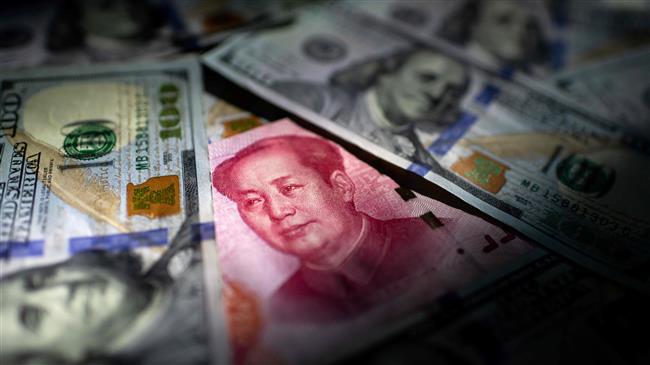



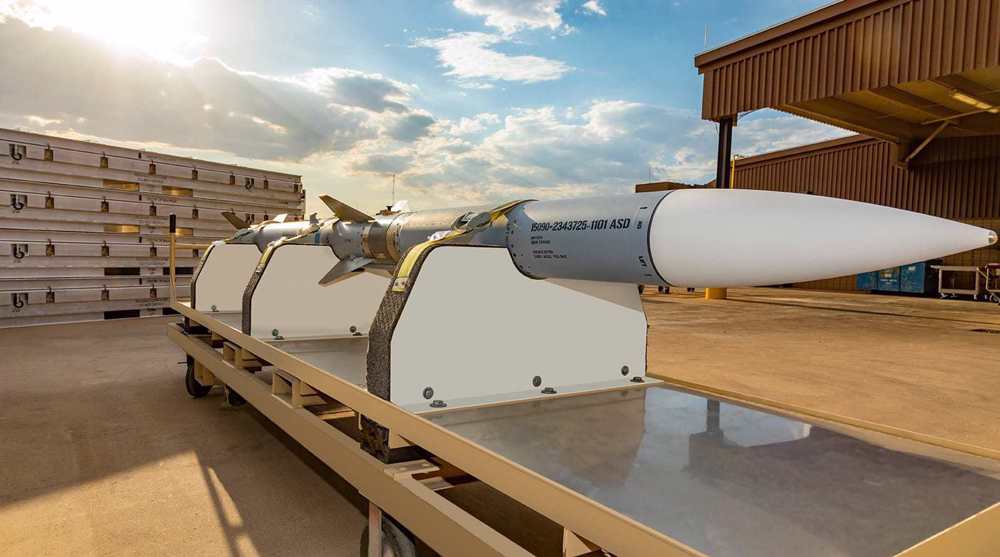



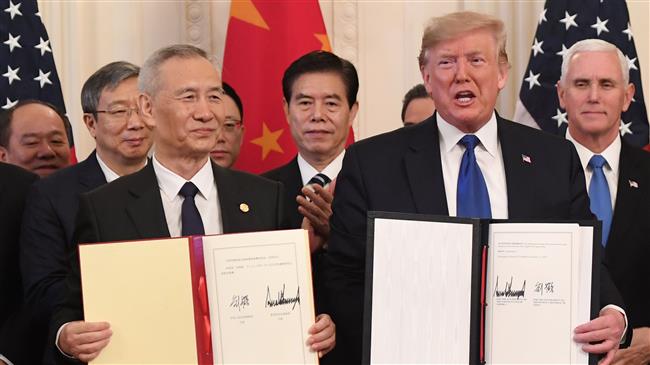
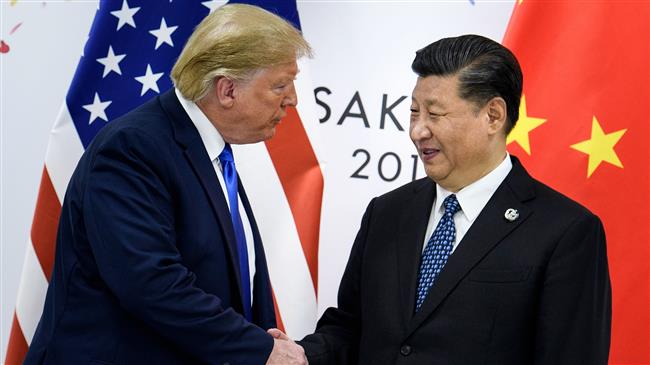
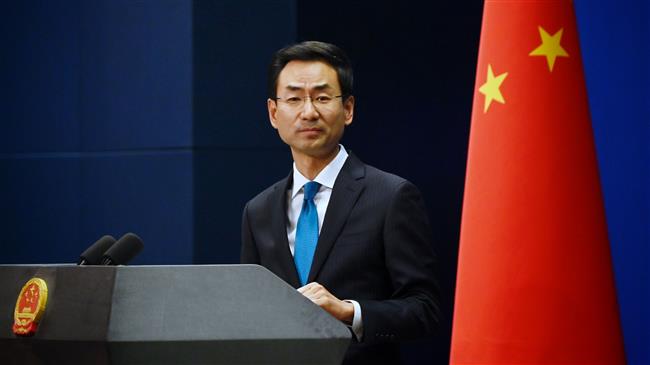
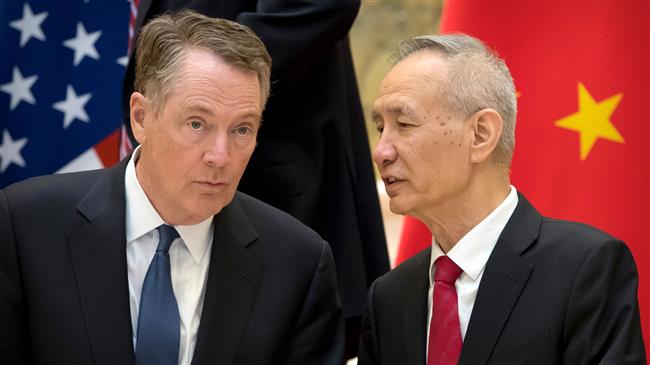
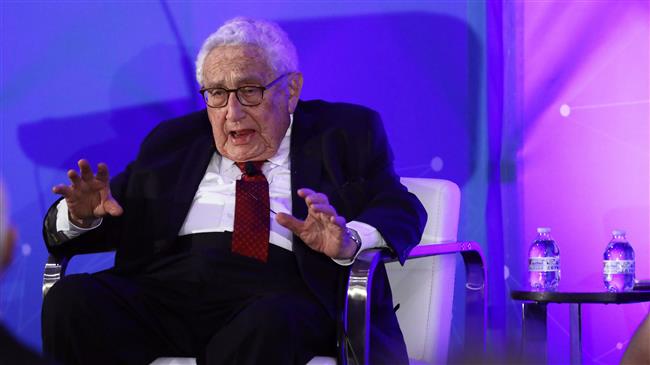
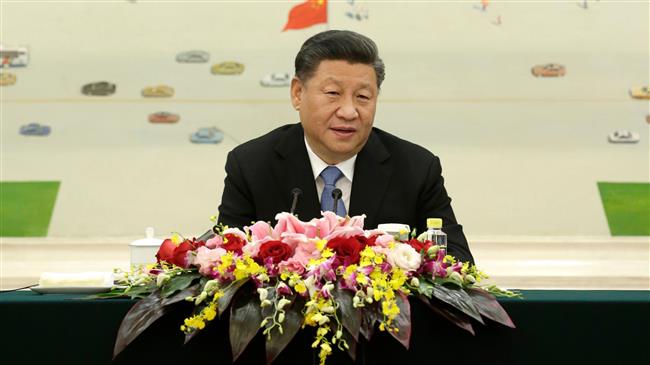
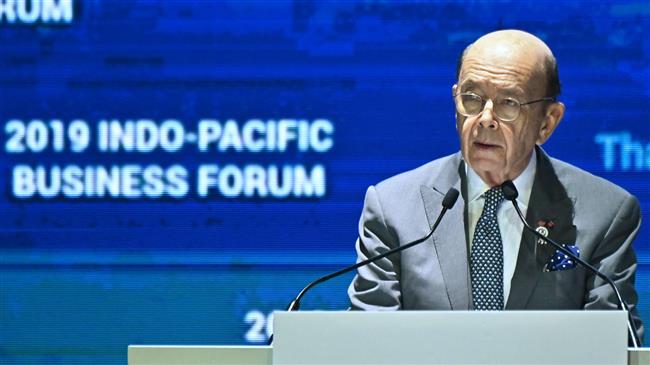
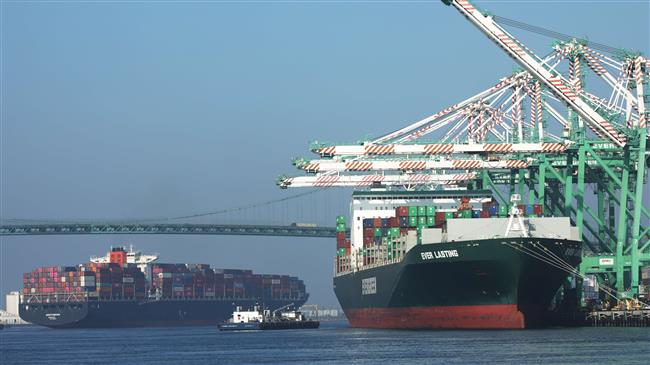

 This makes it easy to access the Press TV website
This makes it easy to access the Press TV website